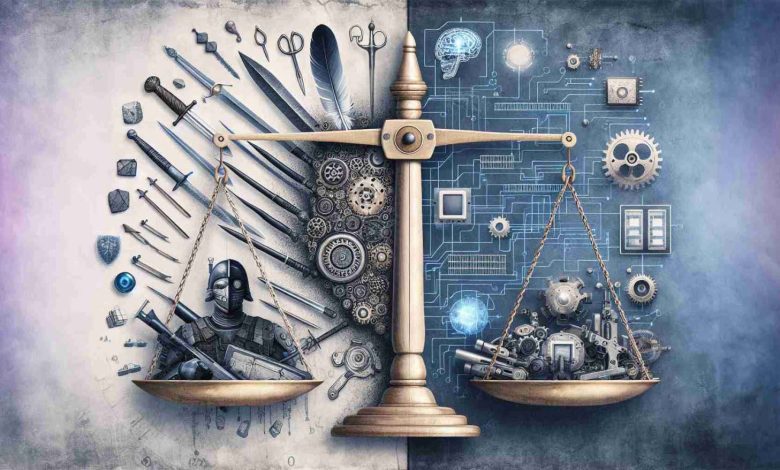Reevaluating War Ethics in the Age of AI with Additional Protocols

Technology: The Geneva Conventions, established in 1949, along with additional protocols, set the rules necessary for modern warfare, including the treatment of military personnel, civilians, and prisoners of war. However, as warfare technology evolves, these agreements may not adequately address current realities. Major advances in artificial intelligence (AI), robotics, and cyber warfare present challenges that were not imagined when these treaties were drafted.
With the rise of AI and drone technology, ethical dilemmas have increased, triggering discussions among political leaders, academics, and military officials about the implications of the use of fully autonomous systems in warfare. Concerns are growing about AI’s ability to control lethal operations without human intervention, raising concerns about accountability and decision-making in critical scenarios.
Prominent figures in the AI field emphasize the importance of establishing international guidelines to manage the role of AI in warfare. There are urgent calls for nations to unite on ethical frameworks governing the military application of AI, particularly with regard to autonomous weapon systems. Yet, significant resistance exists from major powers, hindering progress towards consensus.
Experts warn that failure to implement regulatory measures could lead to unforeseen consequences, escalate conflicts and undermine international humanitarian standards. As the landscape of warfare is changing, it is imperative that global leaders actively engage in dialogue to develop robust frameworks that ensure ethical considerations remain at the forefront of technological advancements in military applications.





